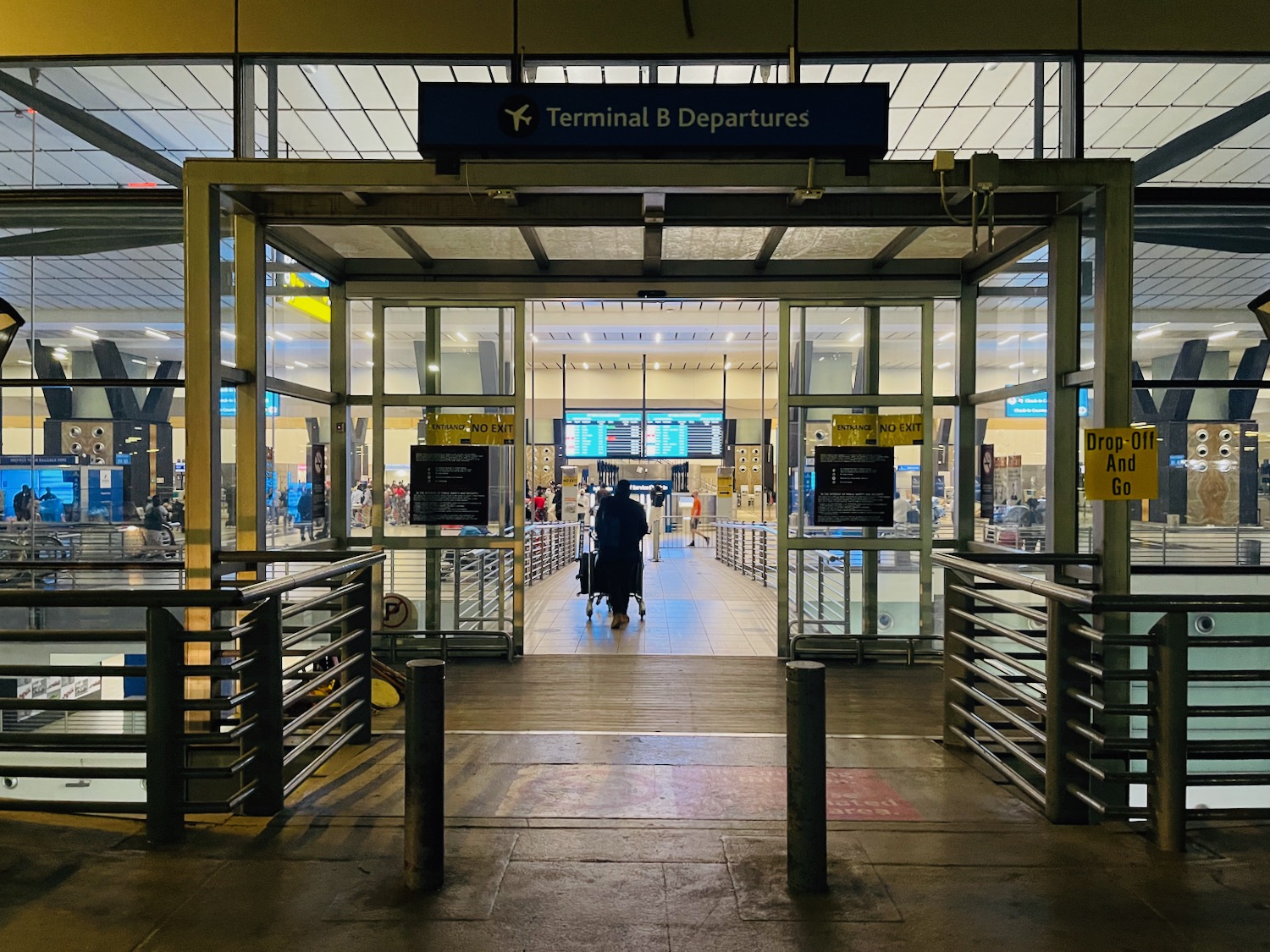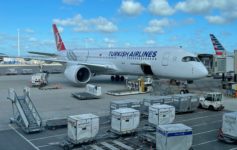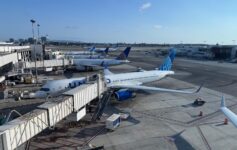
South Africa’s Central Energy Fund plans to deliver an extra 1.5 million liters of jet fuel to OR Tambo International Airport in Johannesburg to protect against further supply shortages. The announcement comes as the fuel shortage crisis slowly stabilizes after weeks of disruption.
Fuel Crisis Improving At Johannesburg Airport, With Government Promising Extra Supply
At the height of the Johannesburg Airport fuel crisis, we witnessed a number of unprecedented technical stops, including:
- Emirates – Durban technical stop (777 only)
- Ethiopian – Maputo technical stop
- Egyptair – Nairobi technical stop
- Delta – Accra technical stop
- Lufthansa – Durban or Windhoek technical stop
- Qantas – Durban technical stop
- Singapore Airlines – Durban technical stop
- Virgin Atlantic – Durban technical stop
- SWISS – Durban or Windhoek technical stop
United Airlines chose to outright cancel flights for several days, fearing its Boeing 787 Dreamliners would reach JNB but might be trapped for several days due to insufficient fuel.
> Read More:Fuel Shortage Forces United Airlines To Cancel Johannesburg Flights
The problem is not over yet, however. Lufthansa, for example, is still operating a passenger-free additional flight between Johannesburg to Durban in order to refuel.
But even as supply lines are slowly being restored, the state-controlled Central Energy Fund will deposit 1.5 million liters of fuel at OR Tambo International Airport to hedge against future supply vulnerabilities. This fuel supply is meant as an emergency reserve, not a bailout to avoid other supply sources.
Questions still remain as to why this problem happened in the first place. A devastating flood in the KwaZulu-Natal province need not have led to such a fuel shortage in Johannesburg. Instead of pointing fingers and finding excuses, why not truck in fuel from Cape Town? Sure, it would have taken an extra 36 hours versus Durban, but also kept vital supply lines flowing. (I realize the answer is not so simple, as a BBBEE-qualified trucking provider who could meet that demand might be difficult and a pricey emergency tender could lead to even more backlash, hence the easiest course of action was simply to blame the flooding).
As a result of the fuel shortage, Airports Company South Africa (ACSA) lost about 1.5 million rand ($93,000) in passenger fees and hundreds of thousands of rand in lost landing fees. More importantly, it lost the confidence of the traveling public and the airlines it serves.
CONCLUSION
The fuel supply crisis is abating at Johannesburg Airport and additional government fuel supply will hedge against future vulnerability. Even so, it is appropriate to ask why this happened in the first place, which disrupted travel plans for thousands of passengers during a time in which recovery is essential after two years of pandemic.




This is the country where there hasn’t been enough electricity for years. When you approach your hotel reception, you see a billboard showing load shedding schedule.
ZA badly needs competent leaders.
We were on a JNB – IST flight last month that enjoyed a stop in Durban as well.
Tons of fun!
If you believe this, I have a bridge to sell you…